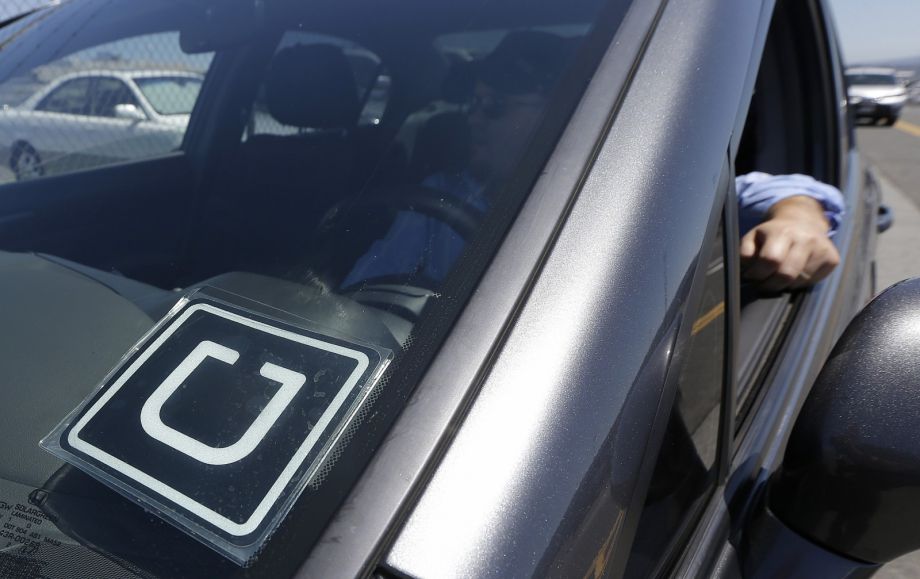
(AP Photo/Jeff Chiu)
The question of whether Uber is a transportation company or merely an app facilitating digital transactions appears to have finally been settled, at least in Europe. The European Court of Justice (ECJ) ruled Wednesday that the company is not a just digital service, BBC reports. The court declared that a service connecting “by means of a smartphone application and for remuneration, non-professional drivers using their own vehicle with persons who wish to make urban journeys” will henceforth be classified in EU law as “a service in the field of transport.”
While an Uber spokesperson said the ruling won’t change things in most EU countries where the company already operates under transportation law, some transportation policy experts believe the ruling could impact Uber — as well as other ride-hailing companies and gig-economy startups like Airbnb.
“Many people see the EU is actually leading the way in pushing back the almost unlimited power of tech firms and beginning to provide some limits around that,” Andre Spicer, a professor at the Cass Business School, told the BBC. “What Uber’s model is based on is pricing, so much that they basically drove everyone else out of the market. This judgment will allow normal competition, so what we will see is lots of other smaller apps appearing around Europe.”
According to the New York Times, The case before the ECJ centered on a complaint from a taxi group based in Barcelona. The complaint contended that it was unfair for Uber not to follow the same rules as taxi companies while operating in the city. At the time, Uber ran a peer-to-peer service called UberPop, linking riders with nonprofessional drivers.
Uber’s appearance in court is of course nothing new — the company has gone up against regulators since its inception. With its new CEO, the company’s tactics appear to have softened, but its lightning rod status in the evolving clashes over municipal privatization, city regulation, workers’ rights and the gig economy will likely continue. In September, Transport for London took one of the boldest stances yet and announced that it would not renew Uber’s operating license when it expired on Sept. 30 (Uber has since announced that it will appeal the decision).